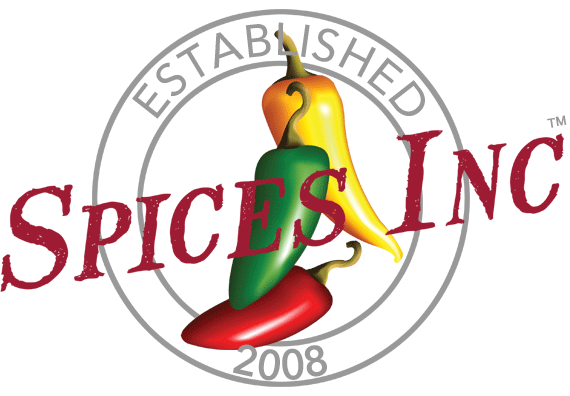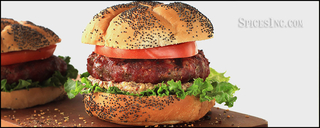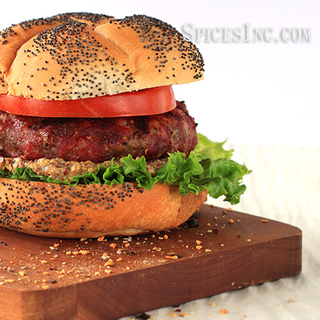Diablo Burger Seasoning
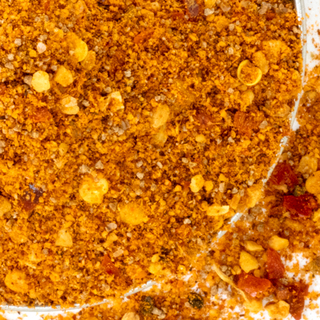
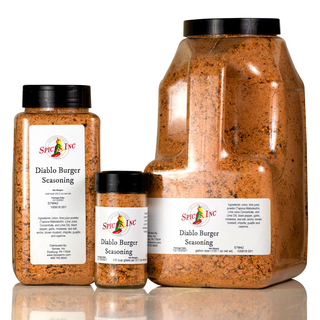


Diablo Burger Seasoning
Diablo Burger Seasoning, also known as diablo spice, diablos burger, or diablo seasonings, is a spicy and sweet seasoning blend that will heat up your burgers, steaks, or wherever you want to turn up the heat.
Diablo means “devil” in Spanish. It is a winking, playful way to say that food is spicy-hot, in the same way that devilled eggs have a spicy kick. “Devil” first came into use in the 18th century, to indicate that food was highly seasoned or dressed with spicy condiments.
Diablo Burger Seasoning is regularly sought after by:
- olive oil shops;
- seasoning companies;
- jam manufacturers; and
- pizza restaurants
Flavor Profile
Diablo Burger is rich and hearty, with bursts of sweetness and saltiness and a surprising citric twist.
How To Use
Make a hot Diablo Burger by adding this seasoning, or spice up an everyday Grilled Turkey Burger with some Diablo Burger Seasoning. Swap this in as the rub on Smoked Ribs or Crispy Chicken Wings, or give a fiery twist to Caramel Apple Pork Chops. Stir into Apple Cider Sweet Potatoes to give them a boost of spice, or give a spicy edge to Savory Corn Fritters.
Commercial applications include spicy jams, jellies, and fruit relish, chile sauces, tofu and tempeh sauces, one-pan chicken recipes, hot cauliflower wings, and potato wedges.
| Also Called | Diablo spice, diablos burger, or diablo seasonings |
| Ingredients | molasses (cane sugar, cane molasses, cane caramel), yellow mustard, onion, kosher salt, red pepper, garlic, ancho, cayenne, citric acid, black pepper, chipotle, guajillo |
| Flavor Profile | Hearty chiles, with sweet, salty, and citrus balance |
| Recommended Uses | Burgers, steaks, rubs, chicken, pork, fruit relish, jams |
| Cuisine | American, Barbecue |
| How To Store | Airtight container in a cool, dark place |
| Shelf Life | 6-12 months |
| Country of Origin | USA |
Nutrition Facts
Serving Size1 tsp
Amount Per Serving
Calories9
% Daily Value*
Total Fat0g0%
Saturated Fat0g0%
Trans Fat0g
Polyunsaturated Fat0g
Monounsaturated Fat0g
Cholesterol0mg0%
Sodium157mg7%
Total Carbohydrate1.9g1%
Dietary Fiber0.3g1%
Total Sugars0.9g
Added Sugars1g2%
Sugar Alcohol0.0g
Protein0.2g0%
Vitamin D0mcg0%
Calcium5mg0%
Iron0mg0%
Potassium21mg0%
*The % Daily Value (DV) tells you how much a nutrient in a serving of food contributes to a daily diet. 2,000 calories a day is used for general nutrition advice. These values were calculated and therefore are approximate. For more accuracy, testing is advised.
